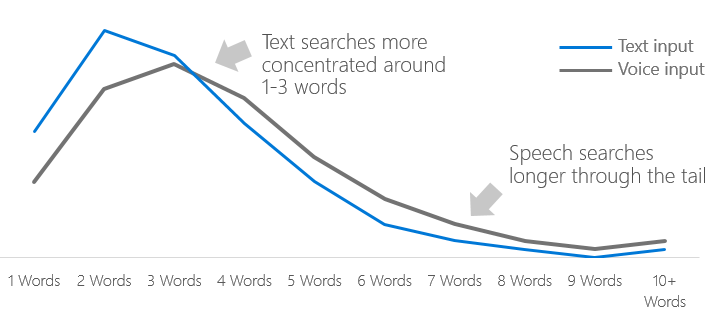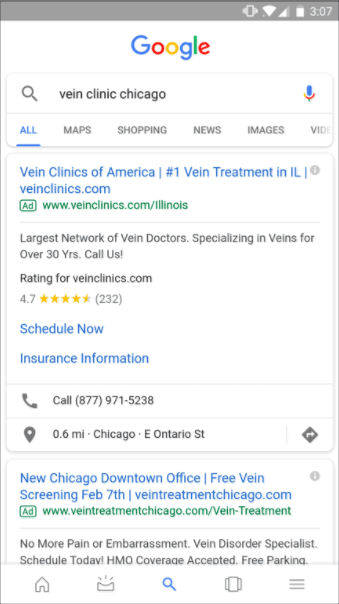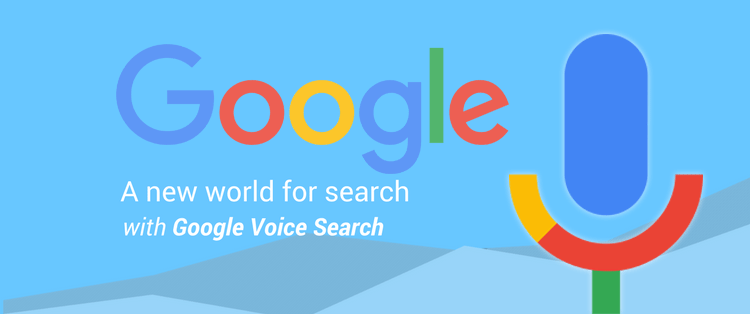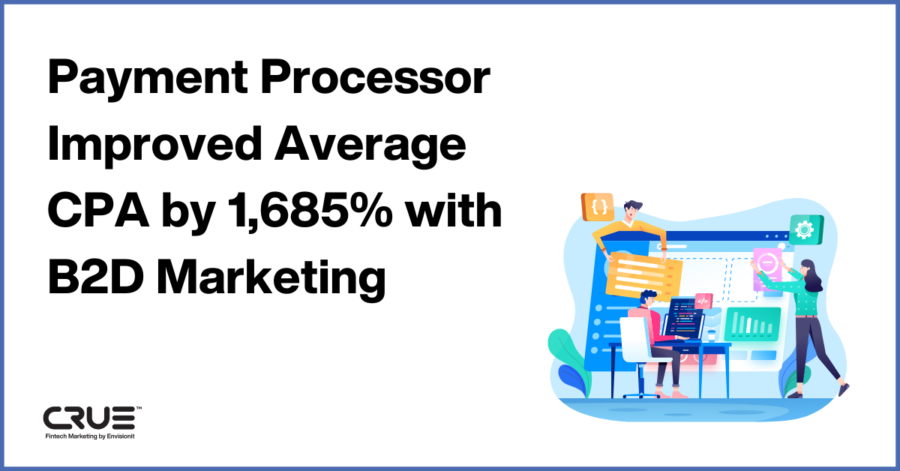Click the voice search icon and ask your Google Assistant “what is voice search” and you get the following:
“According to Wikipedia, Google Voice Search or Search By Voice is a Google product that allows users to use Google Search by speaking on a mobile phone or computer, i.e. have the device search for data upon entering information on what to search in the device by speaking”.
Exactly the type of response you would expect from a computer that can talk. In human speak – “talk into your phone or home device instead of typing in a search, and voilà, you get a specific and concise answer”. It can be easier, faster, and more efficient than typing in a search while also giving a direct answer.
As voice search tools have expanded to basically every phone available on the market and Google Home/Amazon Echo have been selling like hotcakes, voice search has been becoming a significant portion of total search, affecting marketers everywhere. In 2016, voice made up 20% of Google searches and 25% of Bing searches. By 2020, ComScore predicts that voice search will comprise half of all searches.
Why Does Voice Search Matter?
It matters because Voice Search isn’t just going to be more of the same. As mobile traffic grew in the 2000’s many thought that search behavior would be completely different than desktop. Today we know that it was mostly (disregard locally-driven searches for just a second) more of the same. Voice Search is different. Marketers are already seeing that Voice Search queries are much more conversational and “natural” in tone. These searches are much more likely to be locally-focused, like mobile, and as Google has suggested, “30 times more likely to be action queries”.
A Focus On Local Search
The local focus goes hand in hand with the mobile and voice search. While mobile far exceeds desktop for locally focused searches, most voice search is done on a mobile device. Your phone knows where you are, and can serve results related to that information. For example, when visiting family in San Diego and searching for “restaurants”, my phone knew where I was and gave me results in the area.
Local is where voice search is having the biggest effect and it means that businesses will have to pay more attention to this trend as more and more people use it to find solutions. Businesses with a local presence will need to think more critically about how people are searching for them.
- How do people describe your area or neighborhood?
- How do they describe your business/vertical/products?
- Are there local places of interest that matter to your business?
Answering these questions will help you stay relevant for local voice searches.
Question and Keyword Length
Query length will be important when optimizing for voice search, not just in local. A comparison of Bing data illustrates that the voice search queries getting the most impressions and clicks contained 3 words with a longer tail, as opposed to text search at 2.

While this may come as a surprise, it’s important to remember that voice search is still new and our routines will evolve. Focusing on long tail keywords that include the “question” word will be important. Instead of “san diego restaurants”….
- What are the best restaurants in San Diego
- Where is the nearest restaurant to me
- How to make reservations in San Diego
- When is the best time to make a reservation at…
The more natural language used across voice search is important. We’ve become accustomed to asking questions like we would in a Google search bar, but voice search queries will be much more like asking another human. Remember to include question, action, and intent terms.
Quick Answers and Fast Action
Voice search is going to require marketers to provide a faster and more actionable response. Because there is such high intent with local searches, users need to get answers without going to a website, or be one click away from exactly what they need. On a mobile voice search below for “vein clinic chicago”, Vein Clinics of America provides a one-click link for calling the nearest office, pulling up directions on your phone, scheduling an appointment, and finding answers for insurance related questions. There is even a link to reviews.

This is what your customers expect to see. If you don’t have it, don’t expect them to work harder to get what they need from you when a competitor will make their life easier. After all, this ad answers a high percentage of potential answers a user could be looking for, all one click away.
The Future of Voice Search and Ads
Voice search is making it even more important to have top quality ads that provide value to users. It further shrinks the possibility of winning a conversion with an average ad, especially if your business has a local element. As traffic on voice search increases it will be important to build out quality ads and monitor how your customers are searching for you and your product. Queries will continue to evolve as we become more comfortable talking into our phones or home devices and keyword sets will have to evolve in lock step.













